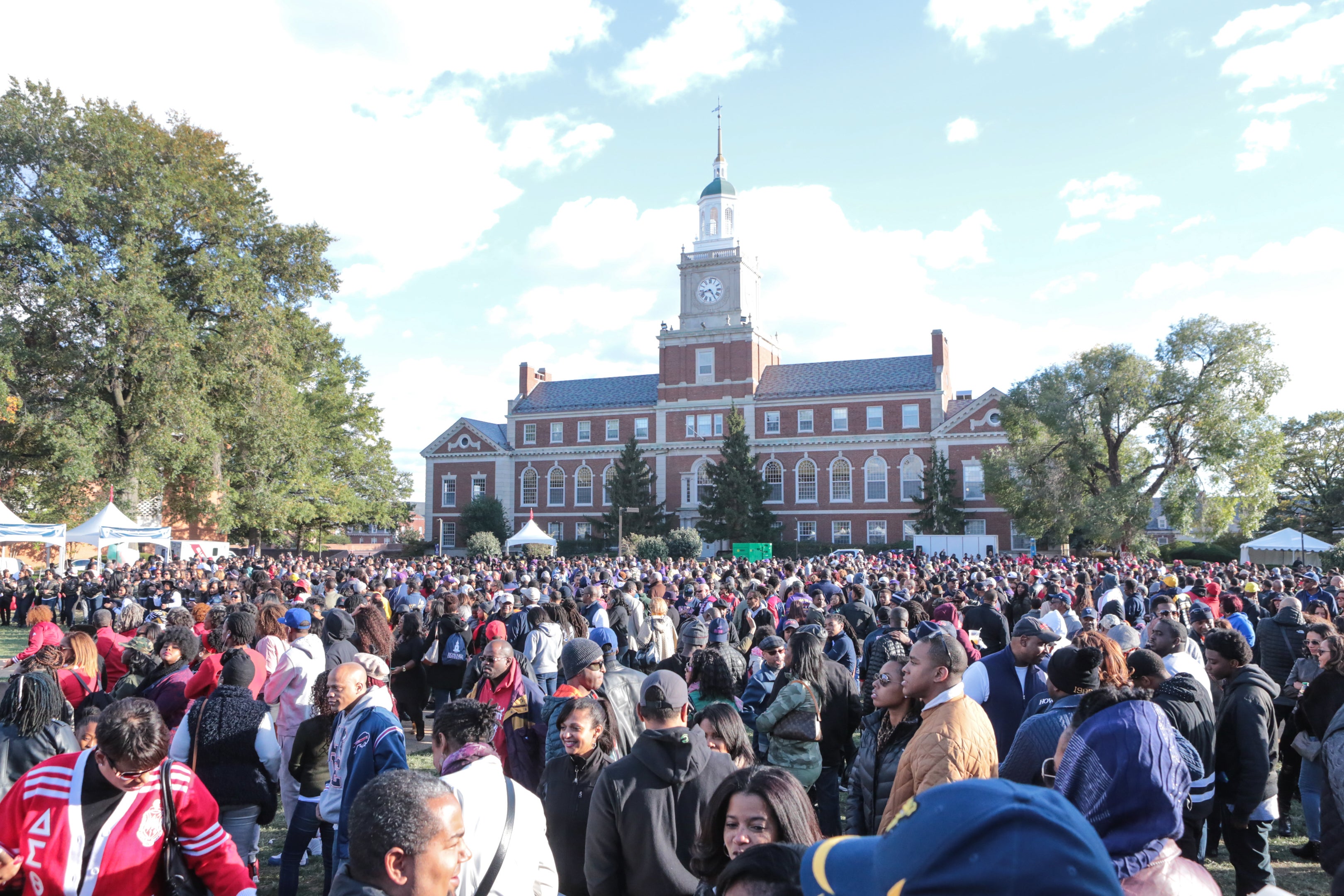
The rich legacy of the nation’s more than 105 Historically Black Colleges and Universities (HBCUs) —one that began before slavery ended— is being told in the first, full-length film about HBCUs, Tell Them We Are Rising: The Story of Black Colleges and Universities.
The documentary is written, directed and produced by acclaimed filmmaker Stanley Nelson, whose parents are both alumni of HBCUs. It aired on PBS on Monday (2/19) but was released for online streaming on PBS.org beginning on February 20.
Here are five reasons to watch:
— From Hampton to Howard, Morehouse, Spelman and beyond, HBCUs have proven an educational incubator and sanctuary for Black intellectuals, artists, revolutionaries and folks of myriad backgrounds for well over a century. These institutions have educated the architects of freedom movements and cultivated leaders in every field and nurtured some of the most influential and successful Americans of our time. These individuals include Booker T. Washington to Dr. Martin Luther King, Jr., W.E.B. Du Bois to Ralph Ellison, Toni Morrison to Oprah Winfrey, Alice Walker, Spike Lee, Common, Wanda Sykes, Debbie Allen and Phylicia Rashad, and multiple members of the Congressional Black Caucus, just to name a few.
— HBCUs have been a catalyst for Black social, political and economic advancement, and were also safe spaces of freedom for African-American students and a refuge from the rampant racism outside the campus walls. Born out of the era when it was a crime in many states to teach African-Americans to read, HBCUs were established following the end of the Civil War, particularly in the rural South. On these campuses, the foundation was laid for intellectual pathways (and philosophical battles) that would help chart and influence African-American society and the country.
— Beyond the broadcast, Tell Them We Are Rising: The Story of Black Colleges and Universities is the centerpiece of a yearlong multi-platform engagement campaign called HBCU Rising, designed to highlight aspects of the HBCU experience and to connect with the HBCU community and through events (exclusive screenings have been held at the National Museum of African-American History and Culture in D.C. as well as venues in New York, Los Angeles and Chicago); campus screening tours; StoryCorps audio stories and video shorts. Each of the colleges and universities are represented, and HBCU Rising is anchored around the HBCU Digital Yearbook. The Yearbook is an online platform for students, alumni and historians to archive their campus memories through personal memorabilia like photos, videos, newspaper clippings, awards, graduation diplomas and campus life activities. Photos and videos can be submitted here.
— The filmmakers have sought to be inclusive of the community. National partnerships in support of the film include: The Black College Fund, Color of Change, Akila Worksongs, Association for the Study of African American Life and History (ASALH), Thurgood Marshall College Fund, Schomburg Center for Research in Black Culture, National Pan-Hellenic Council (NPHC), Alpha Kappa Alpha Sorority, Inc., United Negro College Fund, the NAACP Legal Defense and Educational Fund, Campaign for Black Male Achievement, the HBCU Green Fund, and MomsRising. Funding for the film, HBCU Rising and associated campus tours was provided by the Corporation for Public Broadcasting (CPB) as part of the public media initiative, American Graduate. Additional funding came from ITVS, the National Endowment for the Humanities, the Andrew W. Mellon Foundation, the Lumina Foundation, the Arthur Vining Davis Foundations, and the Ford Foundation.
— While the film is directed by Stanley Nelson and co-directed by Marco Williams, the rest of the production team are all women–producers Cyndee Readdean and Stacey Holman, writer Marcia Smith and editor K.A. Miille. Carol Bash was the archival producer. Additionally, there will be a Live Twitter chat with HBCU alums, administrators, organizational partners, etc., moderated by activists April Reign (creator of #OscarsSoWhite) and journalist Shaun King.




